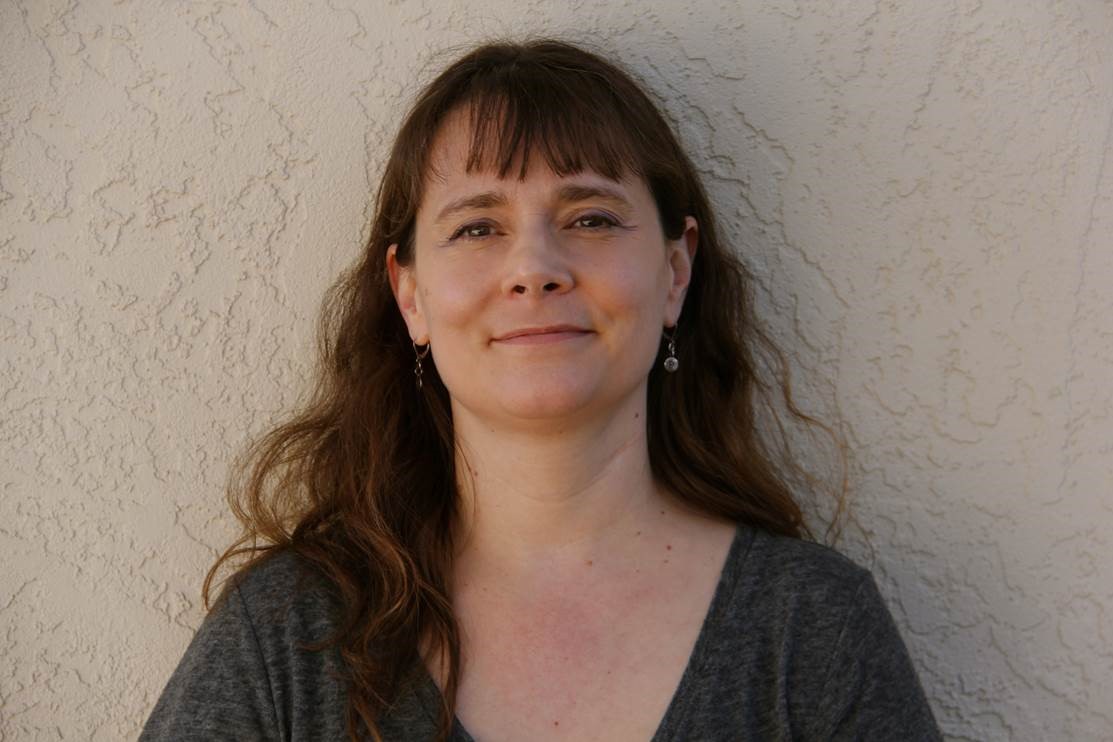Preparing for Disaster: UNM Hospital Participates in Region-Wide Emergency Training

Quest for a Cure
UNM Scientists Seek Participants for PTSD Research Study
University of New Mexico Health Sciences researchers have been awarded an additional $164,000 in grant funding from the National Institutes of Health to continue research on attention and concentration in post-traumatic stress disorder (PTSD) following pandemic-related delays.
Nearly one-third of U.S. veterans experience PTSD. Prior studies have focused on how people with PTSD respond to fearful or threatening stimuli, but they also report broader cognitive complaints, such as problems with concentration and attention. These cognitive disruptions can cause problems in daily life, often interfering with work and school.
The Project Raptor study, a collaboration between UNM and the Mind Research Network (MRN) funded by the National Institute of Mental Health (NIMH), is examining brain function to determine better treatments for PTSD-associated concentration and attention problems. This study is examining how the brain responds to unexpected, but not threatening, stimuli.
The study was disrupted by the onset of the COVID-19 pandemic, when most UNM research was temporarily suspended. Study recruitment lagged once research resumed, as people have generally been more reluctant to volunteer. Researchers aim to recruit 50 participants for the study, and have completed assessments with their 32nd participant.
Researchers are seeking veterans or active-duty service members who have been deployed within the past 10 years and might be interested in participating in this study. They are looking for people who do not have PTSD, as well as those who do.
Pilar Sanjuan, PhD, a research associate professor in the UNM Department of Family & Community Medicine, and Julia Stephen, an MRN professor of translational neuroscience, initially received a $476,000 award from NIMH for their PTSD study. The new award will allow them additional time needed to assess another 18 participants.

Our goal for this study is to expand our knowledge about how the brain differs in people with PTSD, relative to those without PTSD, to better guide treatment, especially in ways that can help people with concentration and attention”
“Our goal for this study is to expand our knowledge about how the brain differs in people with PTSD, relative to those without PTSD, to better guide treatment, especially in ways that can help people with concentration and attention,” Sanjuan said.
“Our hypothesis is that the brains of people with PTSD become over-reactive, leading to larger-than-usual responses to non-threatening novel stimuli,” she said. “If this is correct, it may explain some of the PTSD-related concentration difficulties. Treatment focused on reducing these larger-than-usual responses of people with PTSD in everyday scenarios might help improve quality of life for those individuals beyond the current treatments that are available.”
The researchers hope a better understanding of PTSD-related memory and concentration problems will guide the development of more targeted assessment and interventions and lead to greater treatment success rates.
The team has implemented comprehensive COVID-19 safety practices and procedures. Recent research shows PTSD cases are on the rise due to the pandemic, Sanjuan said, so the team is encouraging veteran and active-duty military service members to participate in the study.